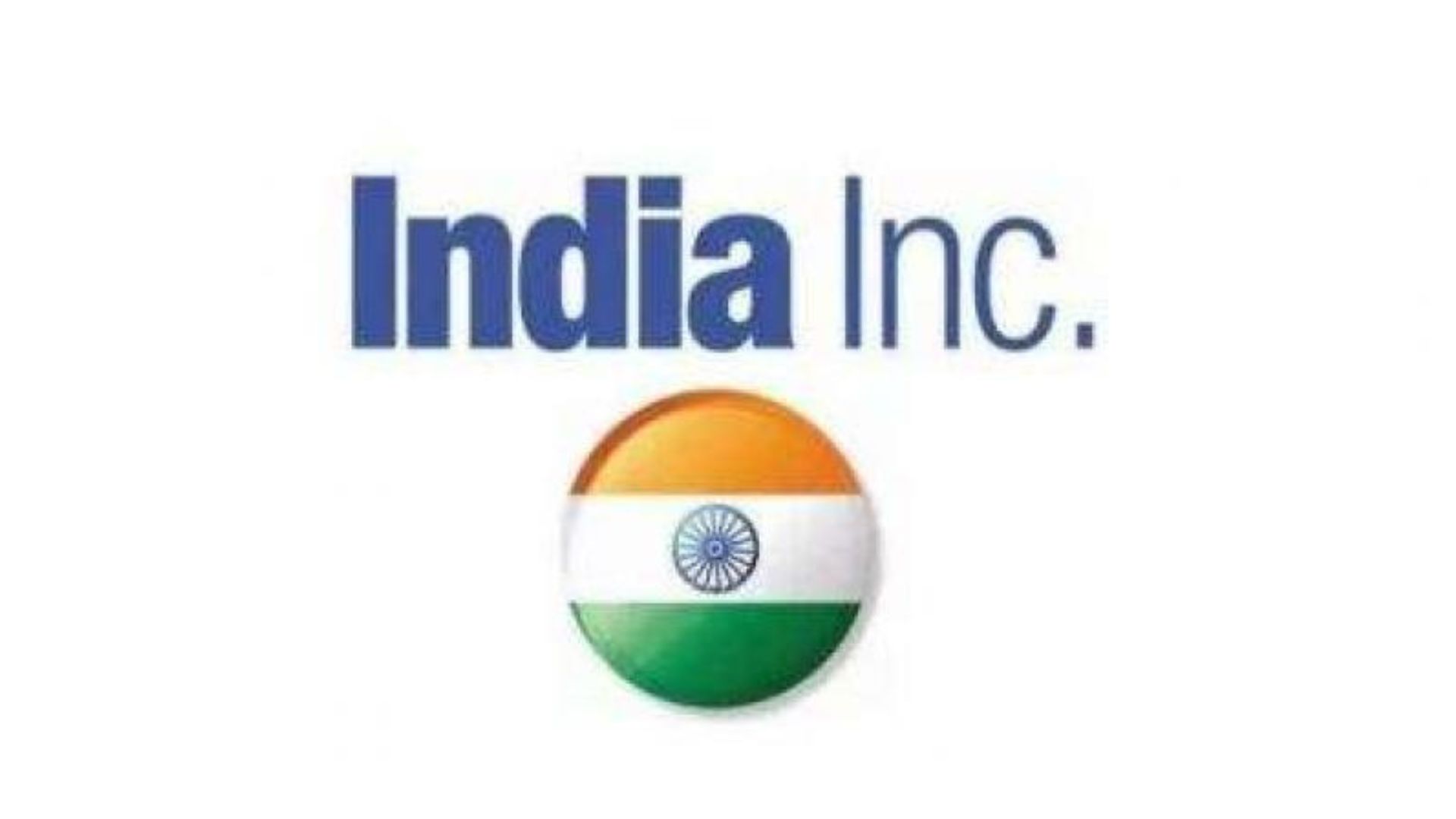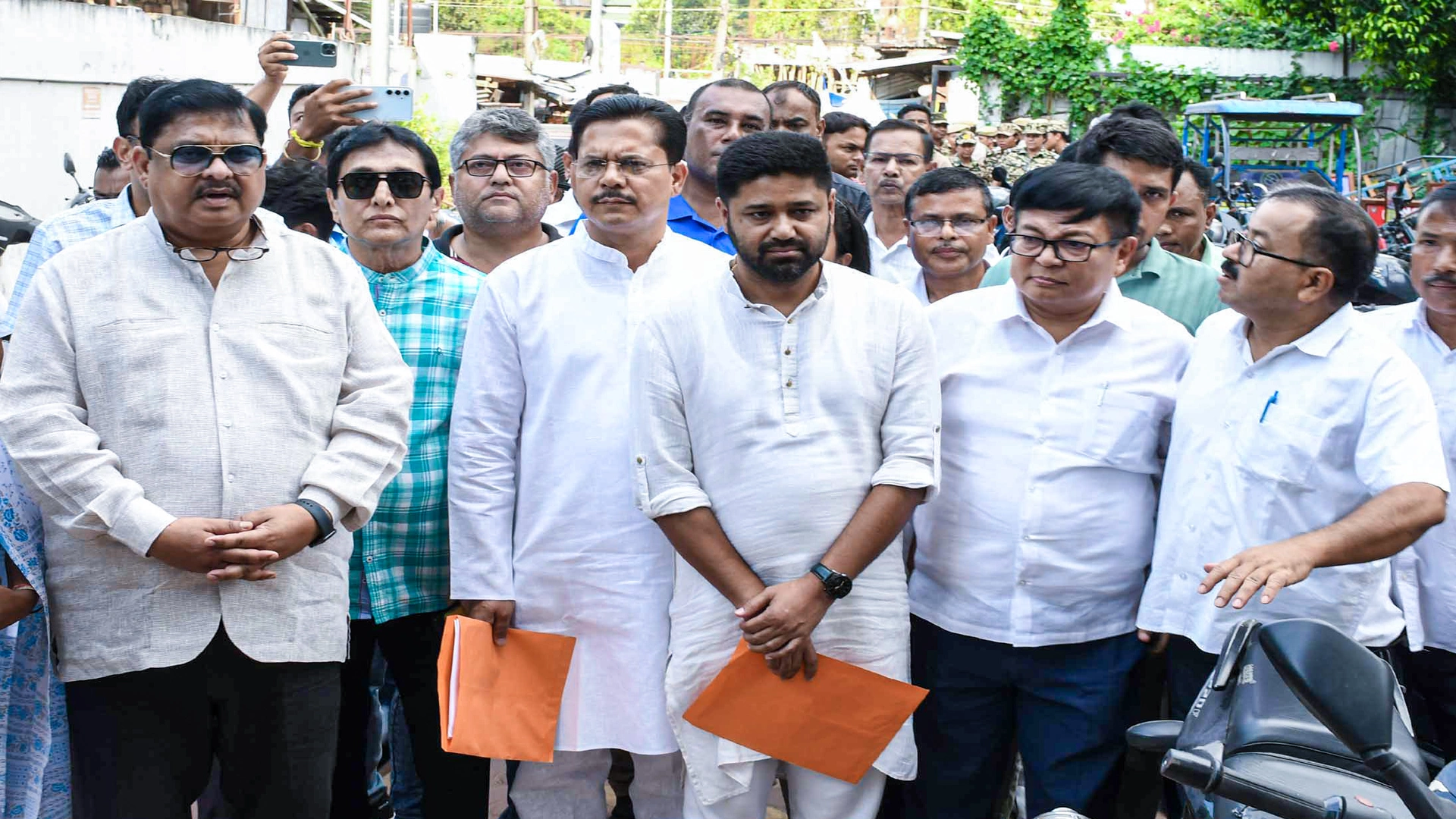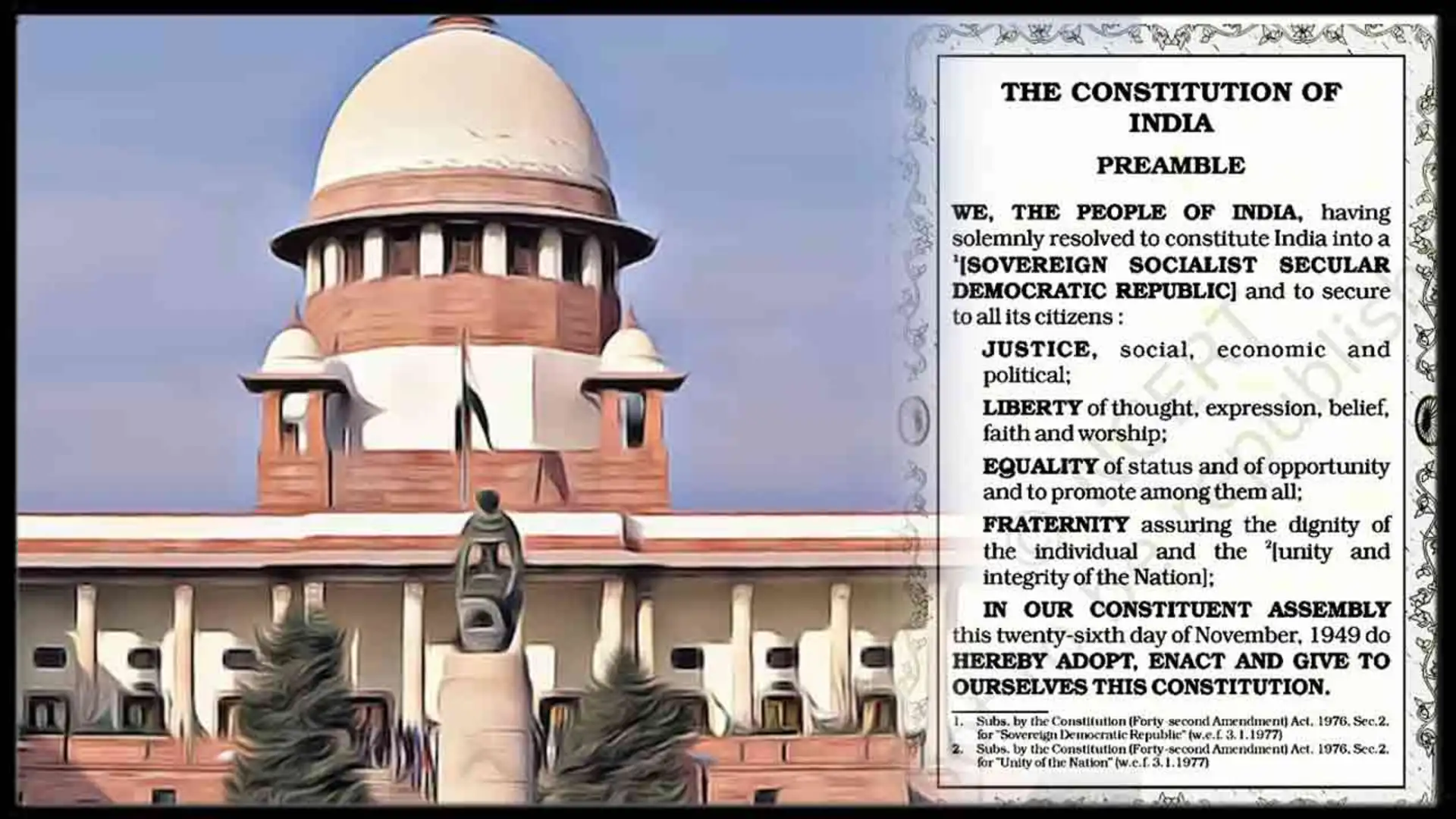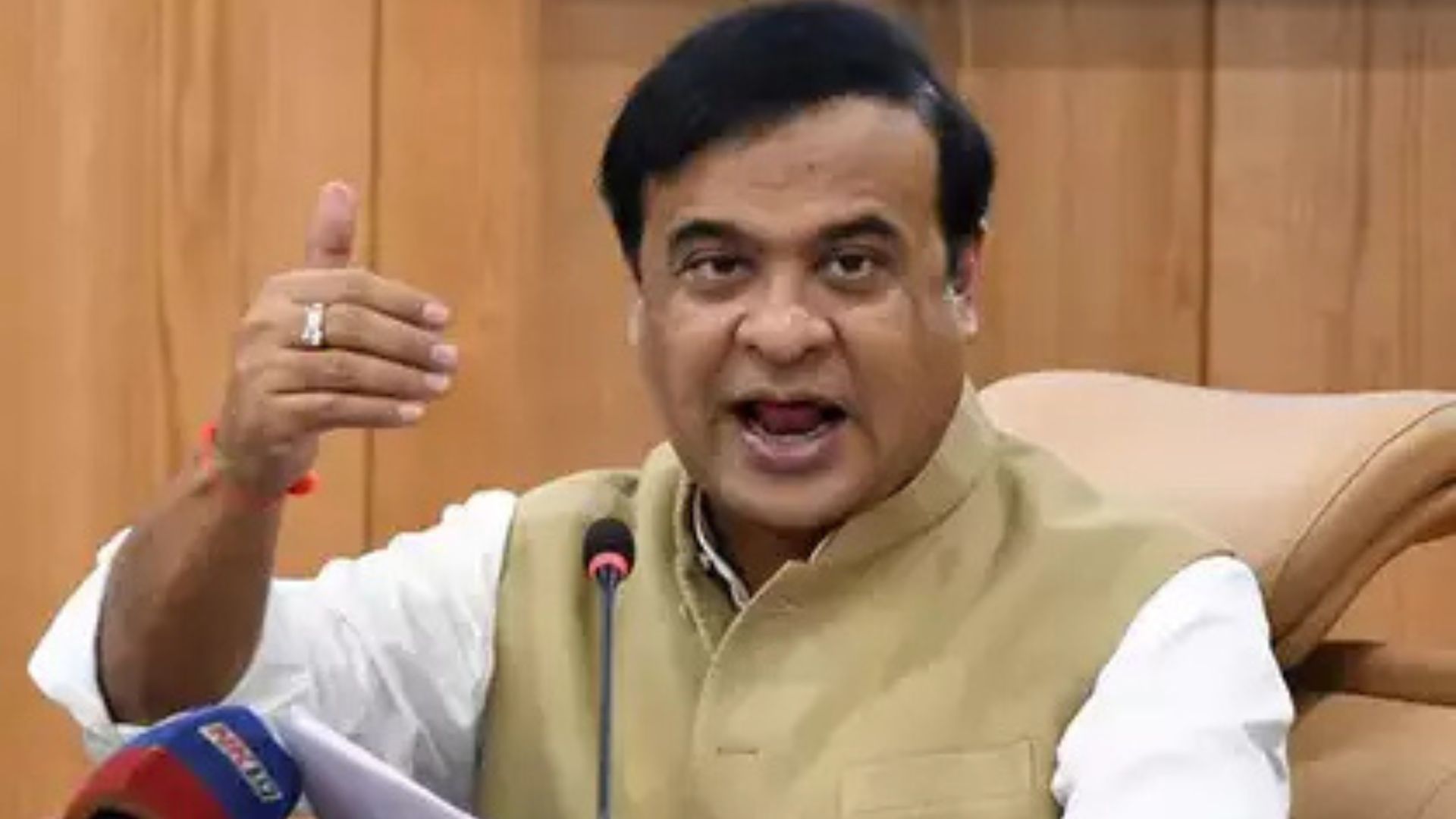
The exit polls for the Lok Sabha elections have excited India Inc, creating optimism that it will pave the way for substantial big-ticket investments. There is ongoing discussion about boosting domestic manufacturing.
Hemendra Kothari, Chairman of DSP Investment Managers, highlighted the need for numerous skilled institutions. He remarked, “The question is how do we all of this. There is a path for India to increase exports by positioning itself as a manufacturing base for large global companies.”
For India Inc, policy continuity is paramount, and the return of an incumbent government is typically seen as beneficial. Mahesh Singhi, Founder & MD of Singhi Advisors, an M&A advisory firm, believes that the exit poll results were anticipated and that the business growth momentum can continue from this point forward.
“The impact of any large decision taken now will be felt 5-10 years later. There will be a lot of confidence and comfort to invest in India now,” he notes.
Supporting the notion of a surge in domestic manufacturing, Singhi describes it as having an “inward-looking” approach. He adds, “There is expected to be a lot of interest in areas such as defence, automobiles and anything to do with overall consumption. If that can be done on the back of the continued large investments in infrastructure, there will be a lot of optimism.” Central to this optimism is a regime characterized by stable policy. Kothari emphasizes that this stability is crucial, especially in infrastructure, a sector where the government has consistently increased spending.
“There is no doubt India will do well and we are a shining example to the rest of the world. However, we will need to continue the focus on skilling and that is where something like AI can be of great help.”
Evidently, maintaining the current approach is beneficial, and Singhi asserts that it is essentially about having a clear and consistent policy framework. “There was a perception that nothing could be done with our railway infrastructure but something like Vande Bharat has changed that,” he says. He believes that the digital economy and its growth bode well for the future.
“Confidence levels among the corporates will increase if policies are clear. As a nation, we must ensure that it should not be broken only to ensure continuity.”
The key question is what the next term of a Modi government will mean for the nation. Deven R. Choksey, Chairman and MD of the wealth management and investment advisory firm DRChoksey Finserv, notes that an uninterrupted parliament is anticipated to implement numerous progressive reforms in India.“Economically, India will grow much faster now. This will be on the back of the bright prospect of reforms like central bank digital currency (CBDC), open network for digital commerce (ONDC) and de-dollarisation of payments for global trade by India.” From a market perspective, while excitement is anticipated, there may be a more significant takeaway. “Reforms will produce predictable earnings growth for India Inc. We are likely to attract premium dollars in the journey to becoming a $12 trillion economy by 2035,” says Choksey.















